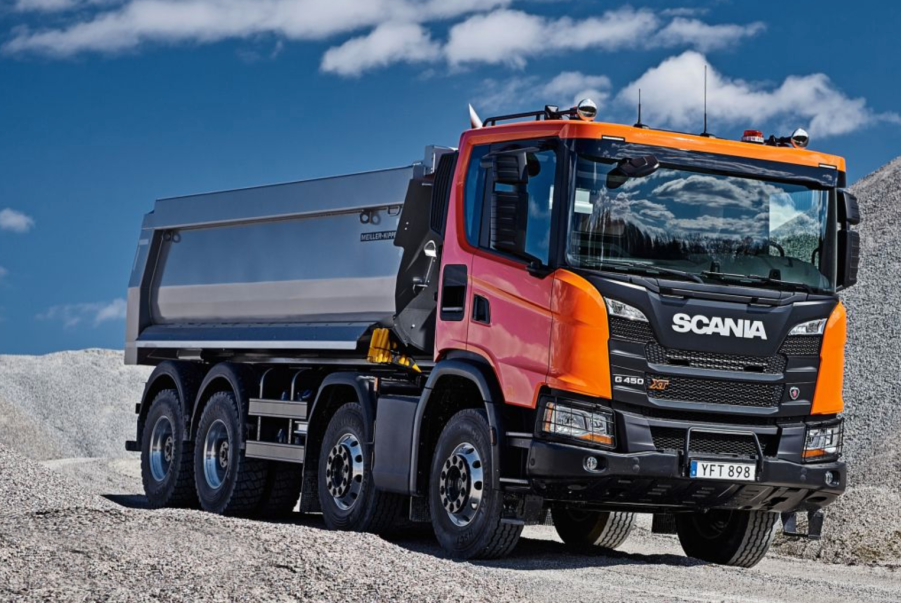
Volkswagen Keeps Cheating: Gets $1 Billion Fine This Time
The General Court of the European Union dismissed all arguments by Volkswagen claiming it shouldn’t pay $992 million in fines. This week a lower court found VW’s truck maker Scania guilty of price-fixing with other manufacturers for over 14 years. The courts and EU antitrust regulators have called it a “cartel.” Let’s be honest; VW just can’t seem to run its business by the rules, as we’ve seen worldwide with its Dieselgate scandals. And now this.
Among other charges Volkswagen and Scania were price-fixing

In 2017, the European Commission imposed an almost $1 billion fine. It found that Scania had worked in concert with other truck manufacturers for over 14 years as to pricing. It also found the company guilty of passing on the costs of the stricter EU emissions rules onto consumers.
VW, along with BMW and Daimler, was fined $1 billion in August for colluding over certain emissions regulations imposed by the EU. This was above and beyond its Dieselgate shenanigans. So time and again cheating involved some of Europe’s largest manufacturers.
Other truck makers were ordered to pay fines, too, not just Scania. A total of 2.93 billion euros were levied to MAN, Volvo/Renault, Daimler, Iveco, and DAF. All of these companies admitted to participating in the cartel. The fines were already agreed upon in a settlement, which included Scania.
Why did Volkswagen pull out of settlement negotiations?

But then it pulled out of the settlement negotiations, announcing it would argue against the Commission’s conclusion in court. VW said that the Commission “infringed the principle of presumption of innocence, violated its right of defense, not established that communications with rivals breached EU law, and set a fine that was excessive.” The General Court didn’t agree.
The fine’s amount was just shy of the one levied against Daimler, which was 1.01 billion euro, for its involvement in the cartel. If VW still wants a fight, it can appeal the case to Europe’s highest court; the Court of Justice, which is Europe’s highest court, according to Reuters.
There could be a much larger problem looming

The potentially bigger problem for VW is that there are numerous private damages claims. According to Lexology, the General Court’s unanimous conclusion this week bolsters those private companies seeking damages. Publicly, VW continues to deny it participated in “anti-competitive behavior.”
But along with the already significant damages claims, this ruling could result in still more companies and individuals filing damages lawsuits against VW and the other truck makers involved in the cartel. The scope of such lawsuits could conceivably take in every truck that the manufacturers built between 2011 and 2017. Worldwide in 2019, Scania built 66,000 trucks. Over half of those landed in the EU. In 2021, Daimler sold 455,000 trucks worldwide.
Awards would be spread thinner than through individual damages claims in a class-action lawsuit. But the amounts levied could run in the billions of dollars for the truck makers, just the same. And VW continuing to deny its involvement in anti-competitive conduct has the potential of backfiring, costing it even more.



